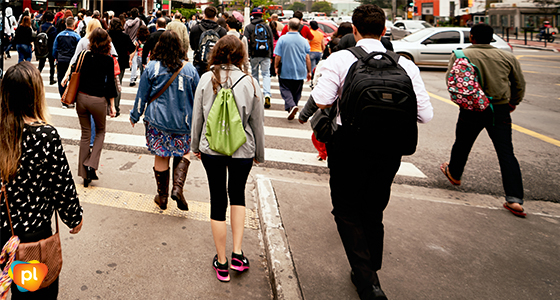
One in four Australian adults (which is 5 million Australians) say they feel lonely, and 54% of people say they are lonelier after the COVID-19 pandemic than before. Canadian researchers have reported that loneliness is higher in the HIV community than the general community.
I want to clarify the difference between being alone and feeling lonely. These are two different things. Loneliness is not the same as being alone.
Loneliness is about how disconnected we feel, rather than how many people we know. For example, as we know sometimes we have to make decisions/changes with regards to our treatments. I go through periods in my treatments where I am doing some thinking about options that have been discussed and talked about. I want time to myself to set things right in my mind and don’t feel the need to share or talk to people with regards to my thought processes. In that example I was just alone, even though I had friends and loved ones who I felt connected to. I wasn’t feeling unwanted or empty or isolated.
I also remember another time when I felt disconnected and withdrawn. The feeling of loneliness was overwhelming. In this example, I believed that no one could help me as they would not understand my situation. I stopped communicating with people around me, friends as well as peers. During this time, I found, I felt like I was a burden to others. This made me angry, upset and stressed to the point where I lashed out to people around me. I then felt guilt and shame. My thought patterns were so affected, I forgot to take my medication and even worse didn’t feel like taking my medication. My sense of self-worth was extremely low, sleep patterns affected, and stomach problems started to occur. No matter how many people tried to discuss the situation with me, the more I cut friends, family, and peers out. After these episodes now I notice the signs of loneliness, its triggers, how to accept help and ask for help. I’m happy to report that these occurrences are extremely rare these days.
Research tells us there are some frightening effects of loneliness on our bodies. One of the main ones is an 26% increased likelihood of death. Other effects that are especially significant for people living with HIV is decreased immunity, increased inflammatory response, lowered cognitive health, and increased blood pressure. When we’re lonely, we’re more likely to skip our medication or stop it altogether, misuse alcohol and tobacco use,
My main point here is these feelings of loneliness can be overwhelming. They impact our sense of wellbeing, negatively impact our health, as well as our thinking. It can be harder to take steps forward out of loneliness when you’re feeling lonely.
That’s why I think it’s even more important that we check in with others in our community and reach out. Encourage other people living with HIV in your social circle to stay connected, invite them to join you for a coffee, a walk or come to one of our many Positive Life events.
As the RU OK people say, ‘Even a conversation could change a life’. It doesn’t mean you’re offering to be that person’s shadow for an unlimited time. You could be their ‘tipping point’ back out of loneliness. The RU OK? Day website offers some tips to spot someone who might be feeling lonely along with some ways to support them and #FriendBetter.
If you’re feeling a little lonely yourself or you want to talk about finding some support to get you through a tough patch, get in touch with others living with HIV at Positive Life on (02) 8357 8386, 1800 245 677 (freecall) or email contact@positivelife.org.au






